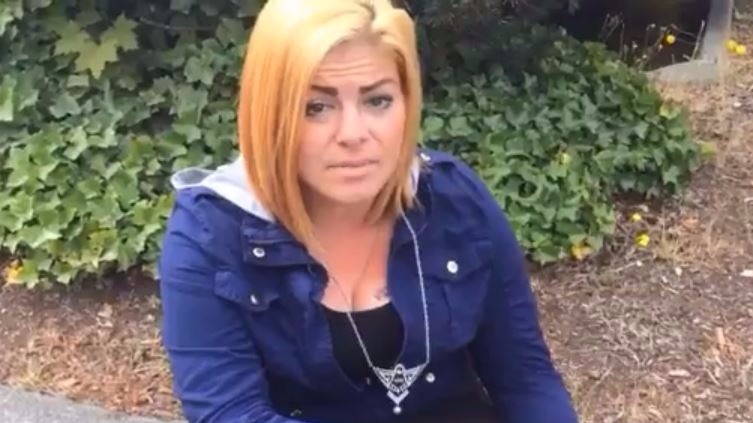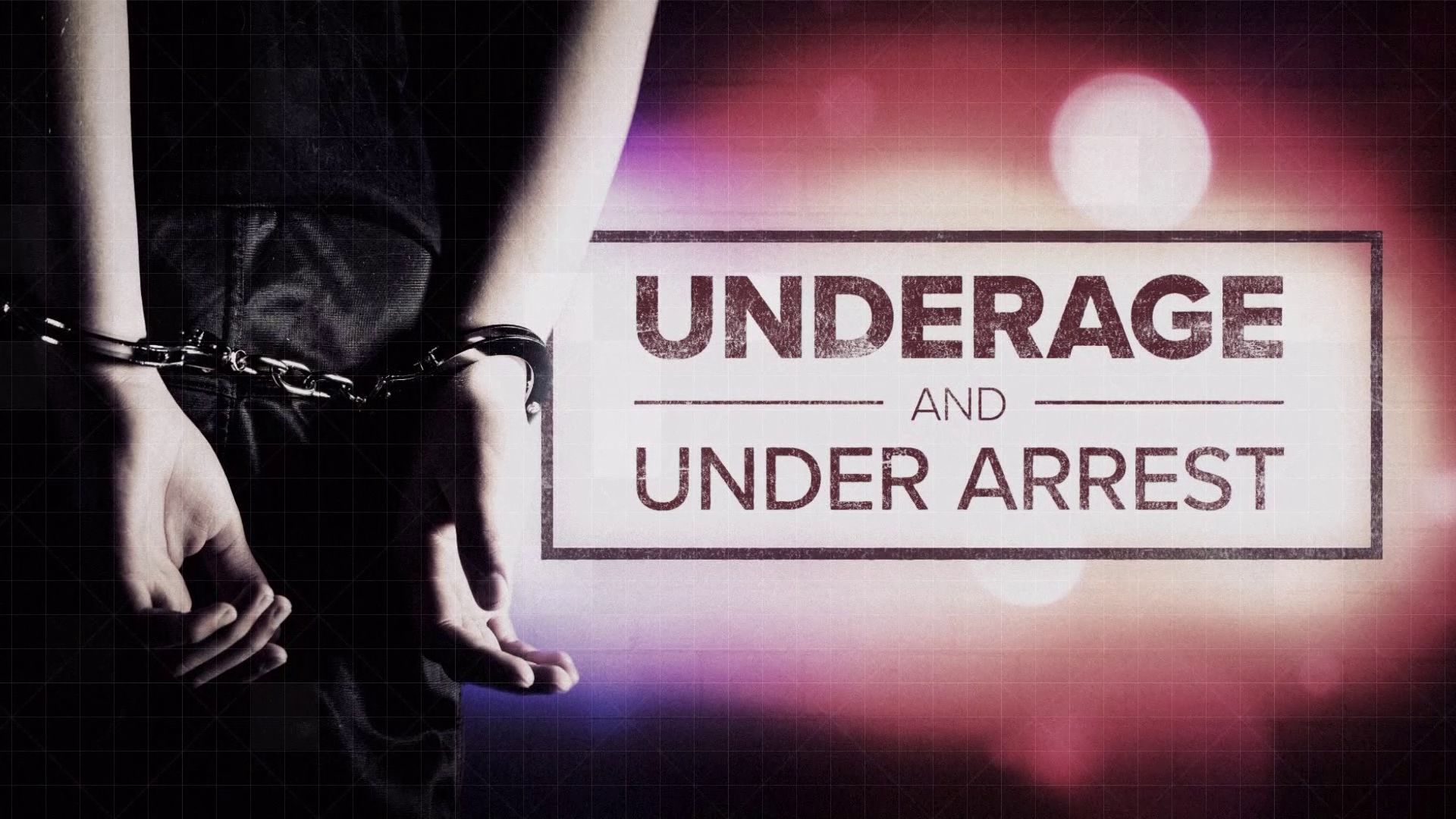On April 28, the cruel, deceitful road of addiction led Shandell Orr to a curb behind an Everett Pizza Hut where she had finally given up on herself.
“I had lost hope. Everything was gone,” she says. “I was just in complete despair. I hated who I was.”
Smoking meth had burned all of her bridges. She had recently been kicked out of a drug treatment program. Her three daughters had been taken away. Shandell hadn’t slept for days. She was hallucinating, hearing her kids voices, losing her mind. She sat on the curb, seeing only one way out.
“I was planning to walk over to 164th Street and jump off the overpass,” she says.
But Shandell, a 28-year-old mother of three, was rescued by what she calls a pair of angels. They are “angels” that wear bulletproof vests, but their hearts on their sleeves.
“We came upon her that day and we knew that we had found somebody that really needed some help,” says Deputy Bud McCurry.
McCurry is part of a new program that pairs Snohomish County deputies with social workers to get addicts and the homeless off the streets.
“When they pulled up, I thought, oh, ****, I’m going to jail,” laughs Shandell.
But instead of jail, McCurry and social worker Lauren Rainbow offered an escape.
“Bud offered me food. I hadn't eaten in days,” remembers Shandell. “They treated me nicely, talked to me like a human instead of some junkie out on the street.”
The teams give real alternatives to jail, addiction and living on the streets. They directly connect people with drug treatment and housing. They give rides, food, and other support.
“One guy needed a computer to find a job,” says Deputy McCurry. “I put it on my Facebook page, and somebody donated one.”
The program has helped get more than 100 people into treatment and sober living since last year. Snohomish County voters are being asked to approve a two-tenths of one-percent sales tax increase to keep the program going, as well as to hire and train additional deputies. The hike would cost the average family about $94 per year, and will be on the August ballot.
Social worker Rainbow is a critical component of the program. A woman, she is less intimidating and perhaps more likely to convince someone like Shandell to go to treatment, which is exactly what happened.
Instead of jumping from that overpass in April, Shandell took a leap of faith and landed safely at a sober living house. As of Tuesday, she had 83 days clean and is even seeing her daughters again.
All thanks to a chance meeting on an Everett curb.
“They gave me the strength and the motivation to want to live,” she says.
April 28 will always be a special day for Shandell. It’s the day she got her life back. It’s special for Deputy McCurry, as well. It’s the day that he was born.
“When you're looking for a gift on your birthday and you're rewarded with giving someone their life back, giving a family their loved one back, giving kids their mother back, it's the greatest gift ever,” he says.
“That's all we need out there,” adds Shandell. “All addicts need is somebody to make you feel like you’re worth something.”


